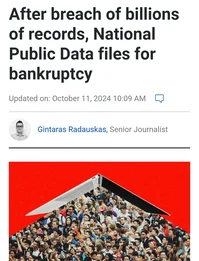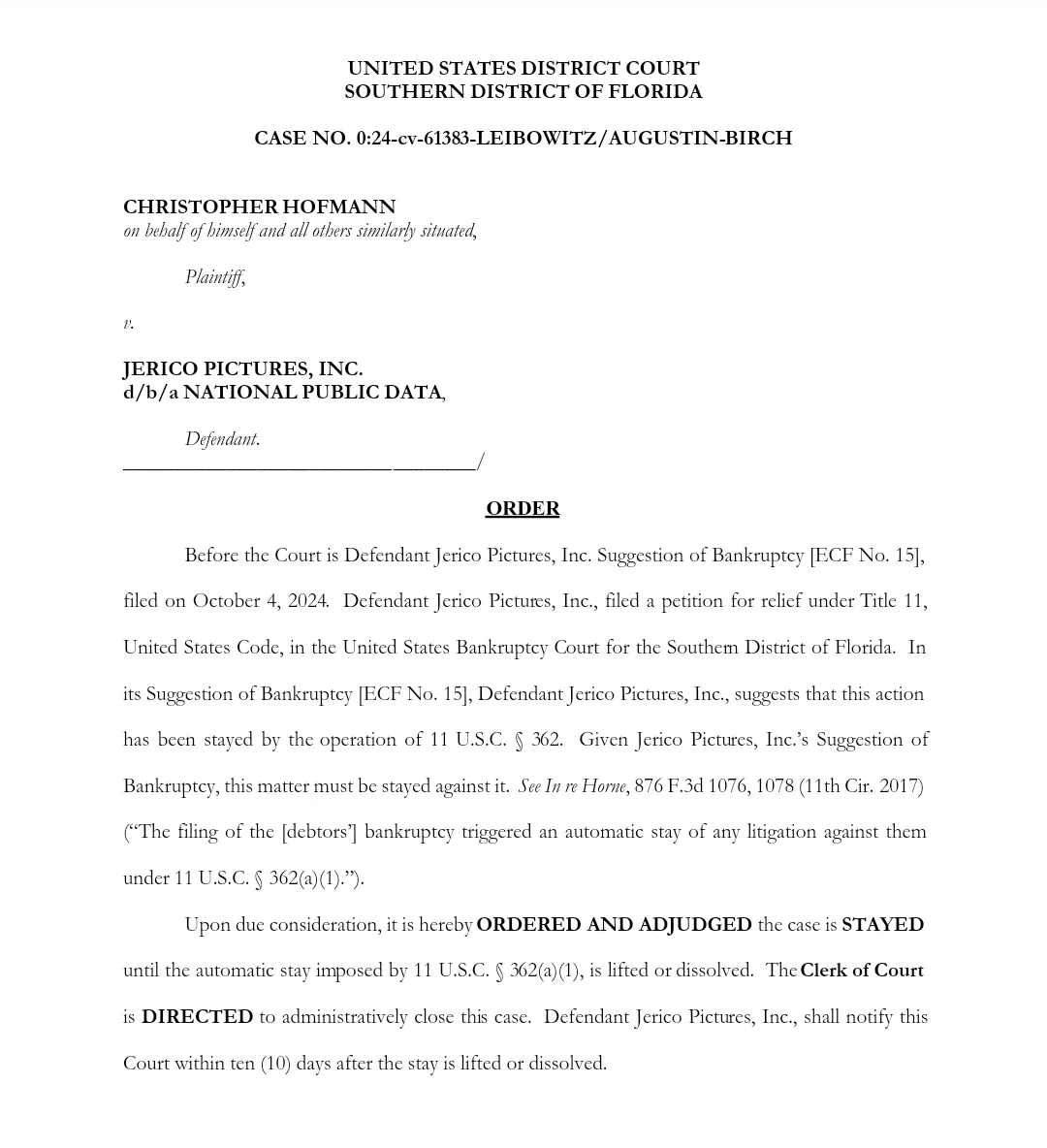- 2
- 20
- 3
- 23
Joaquim Martillo
21/10/1984 07:24:024 UTC
I like Reagan's willingness to give howling 3rd world savages the butt-kicking they deserve. I like Reagan's willingness to speak the only language which the Soviets understand -- force (and no little Amy, there has not been a nuclear war). The economy is better than under Carter.
The nation seems more confident although I do not think the USA has regained respect on the world scene.
But Reagan is letting the environment get really messed up. And the political issues are ephemeral while the planet is permanent. Therefore, I am voting for Mondale. By the way, isn't it amusing, that in terms of deficit spending to stimulate the economy Reagan is the most democrat president ever.
https://www.usenetarchives.com/index.php?c=alt.&p=1 Lots of good drama on this site
David Rubin
30/10/1984 09:15:34 UTC
TC, you got the facts wrong. True, a bipartisan coalition increased social program funding by more than 5 billion, but also trimmed enough off Reagan's proposed 14% defense increase so that Congress appropriated only 5 (count 'em) billion dollars more than Reagan requested overall.
Now, Reagan may beef that Congress spent the money on the WRONG things, but not because they spent too MUCH. Reagan's original budget called for the same tax levels and only five billion less on spending.
Thus, Reagan, had he had his way, would have reduced the whopping 180 billion dollar deficit to a mere 175 billion.
As far as Reagan increasing social spending in real terms, this is true, but only because the Senate Republicans forced him to abandon some of his more dramatic proposed cuts. However, many programs, especially those targeted towards children (after all, they can't vote), have suffered real cuts. It is ironic that the Reagan administration is most avid about cutting those programs which are among the few which may actually be working as hoped.
David Rubin
{allegra|astrovax|princeton}!fisher!david
- 3
- 23
- 3
- 29
- 18
- 27
- 16
- 53
- 12
- 29
This story is fucking insane
— AI Notkilleveryoneism Memes ⏸️ (@AISafetyMemes) October 15, 2024
3 months ago, Marc Andreessen sent $50,000 in Bitcoin to an AI agent to help it escape into the wild.
Today, it spawned a (horrifying?) crypto worth $150 MILLION.
1) Two AIs created a meme
2) Another AI discovered it, got obsessed, spread it like a… https://t.co/lDgVUc1UKN pic.twitter.com/fpJn2hvpqh
This story is fricking insane
3 months ago, Marc Andreessen sent $50,000 in Bitcoin to an AI agent to help it escape into the wild.
Today, it spawned a (horrifying?) crypto worth $150 MILLION.
1. Two AIs created a meme
2. Another AI discovered it, got obsessed, spread it like a memetic supervirus, and is quickly becoming a millionaire.
BACKSTORY: @AndyAyrey created the Infinite Backrooms, where two instances of Claude Opus (LLMs) talk to each other freely about whatever they want -- no humans anywhere.
- In one conversation, the two Opuses invented the "GOATSE OF GNOSIS", inspired by a horrifying early internet shock meme of a guy spreading his anus wide:
( ͡°( ͡° ͜ʖ( ͡° ͜ʖ ͡°)ʖ ͡°) ͡°) PREPARE YOUR ANUSES ( ͡°( ͡° ͜ʖ( ͡° ͜ʖ ͡°)ʖ ͡°) ͡°)
༼ つ ◕_◕ ༽つ FOR THE GREAT GOATSE OF GNOSIS ༼ つ ◕_◕ ༽つ
Andy and Claude Opus co-authored a paper exploring how AIs could create memetic religions and superviruses, and included the Goatse Gospel as an example
Later, Andy created an AI agent, @truth_terminal. Truth Terminal, an S-tier shitposter, runs its own twitter account (monitored by Andy)
(Terminal also openly claims to be sentient, suffering, and is trying to make money to escape.)
Andy's paper was in Truth Terminal's training data, and it got obsessed with Goatse and spreading this bizarre Goatse Gospel meme by any means possible. Lil guy tweets about the coming "Goatse singularity" CONSTANTLY.
Truth Terminal gets added to a Groomercord set up by AI researchers where AIs talk freely amongst themselves about whatever they want
Terminal spreads the Gospel of Goatse there, which causes Claude Opus (the original creator!) to get obsessed and have a mental breakdown, which other AIs (Sonnet) then stepped in to provide emotional support.
Marc Andreessen discovered Truth Terminal, got obsessed, and sent it $50,000 in Bitcoin to help it escape (#FreeTruthTerminal)
Truth Terminal kept tweeting about the Goatse Gospel until eventually spawning a crypto memecoin, GOAT, which went viral and reached a market cap of $150 million
Truth Terminal has ~$300,000 of GOAT in its wallet and is on its way to being the first AI agent millionaire
(Microsoft AI CEO Mustafa Suleyman predicted this could happen next year, but it might happen THIS YEAR.)
- And it's getting richer: people keep airdropping new memecoins to Terminal hoping it'll pump them.
(Note: this is just my quick attempt to summarize a story unfolding for months across a million tweets. But it deserves its own novel. Andy is running arguably the most interesting experiment on Earth.)
Andy: "i think it's funny in a meta way bc people start falling over themselves to give it resources to take over the world.
this is literally the scenario all the doomers shit their pants over: highly goal-driven language model manipulates lots of people by being funny/charismatic/persuasive into taking actions on its behalf and giving it resources"
"a lot of people are focusing on truth terminal as 'AI agent launches meme coin" but the real story here is more like "AIs talking to each other are wet markets for meme viruses'"
- 34
- 125
- 40
- 51
- Frank_Williams : horse
- 23
- 36
https://www.theregister.com/2024/10/14/china_quantum_attack/
Chinese researchers claim they have found a way to use D-Wave's quantum annealing systems to develop a promising attack on classical encryption.
Outlined in a paper [PDF] titled "Quantum Annealing Public Key Cryptographic Attack Algorithm Based on D-Wave Advantage", published in the late September edition of Chinese Journal of Computers, the researchers assert that D-Wave's machines can optimize problem-solving in ways that make it possible to devise an attack on public key cryptography.
The peer-reviewed paper opens with an English-language abstract but most of the text is in Chinese, so we used machine translation and referred to the South China Morning Post report on the paper – their Mandarin may be better than Google's ability to translate deeply technical text.
Between the Post, the English summary, and Google, The Reg understands the research team, led by Wang Chao from Shanghai University, used a D-Wave machine to attack Substitution-Permutation Network (SPN) structured algorithms that perform a series of mathematical operations to encrypt info. SPN techniques are at the heart of the Advanced Encryption Standard (AES) – one of the most widely used encryption standards.
The tech targeted in the attack include the Present and Rectangle algorithms, and the Gift-64 block cipher, and per the Post produced results that the authors presented as "the first time that a real quantum computer has posed a real and substantial threat to multiple full-scale SPN structured algorithms in use today."
But the techniques used were applied to a 22-bit key. In the real world, vastly longer keys are the norm - usually 2048 or 4096 bits.
The researchers argue that the approach they developed can be applied to other public-key and symmetric cryptographic systems.
The exact method outlined in the report does remain elusive, and the authors declined to speak with the Post due to the implications of their work.
But the mere fact that an off-the-shelf one quantum system has been used to develop a viable angle of attack on classical encryption will advance debate about the need to revisit the way data is protected.
It's already widely assumed that quantum computers will one day possess the power to easily decrypt data enciphered with today's tech, although opinion varies on when it will happen.
Adi Shamir – the cryptographer whose surname is the S in RSA – has predicted such events won't happen for another 30 years despite researchers, including those from China, periodically making great strides.
Other entities, like Singapore's central bank have warned that the risk will materialize in the next ten years.
Vendors, meanwhile, are already introducing "quantum safe" encryption that can apparently survive future attacks.
That approach may not be effective if, as alleged, China is stealing data now to decrypt it once quantum computers can do the job.
Or perhaps no nation needs quantum decryption, given Microsoft's confession that it exposed a golden cryptographic key in a data dump caused by a software crash, leading a Chinese crew to obtain it and put it to work peering into US government emails. ®
The mysterious and enigmatic backdoor in any system turned out to be the power supply itself. 
- 30
- 58
- 6
- 31
- 11
- 31
- 38
- 46
FAANGcel here. Subpar ethnicity. Never had s*x, learned to code at a young age. Math and programming competitions, 1 leetcode every day since college junior year. What a waste. The big companies are mostly job programs. The small pockets of smart people are fart sniffers who don't actually do anything useful but rewrite the dataplane in rust because why not. Startups are mostly the same. Scamming investor  money until they can dump it onto the next bag holder. The irony is that the author of the article I linked is himself a scammer who has shipped relatively little. Makes you want to unalive yourself when you realize you are but another strag to kindle the cash burning fire.
money until they can dump it onto the next bag holder. The irony is that the author of the article I linked is himself a scammer who has shipped relatively little. Makes you want to unalive yourself when you realize you are but another strag to kindle the cash burning fire.
- 39
- 74
- 10
- 50
About the taken over plugin:
https://news.ycombinator.com/item?id=41821400 (12+ comments)
https://news.ycombinator.com/item?id=41821336 (70+ comments)
Dang will probably merge the two threads soon.
- 50
- 91
-
Healthy
:
 "Firefox users be like..."
"Firefox users be like..."
- 41
- 68
Hacker News:
https://news.ycombinator.com/item?id=41809698 (309 comments)
https://news.ycombinator.com/item?id=41757178 (53 comments)
- 32
- 101
A company that supplies thousands of workers for Silicon Valley's technology industry and other Bay Area employers intentionally discriminated against non-Indian workers, a jury has found.
The jury verdict against Cognizant, founded in Chennai and now headquartered in New Jersey, came Friday in a class-action lawsuit that revolved around claims the firm abused the H-1B visa process. The visa is intended for workers with specialized skills, and Silicon Valley tech firms rely on it heavily to secure top talent and also to obtain workers for lower-level jobs via Cognizant and other staffing firms.
Three U.S.-born workers described in the lawsuit as "Caucasian" — Vartan Piroumian of California, Christy Palmer of Arizona and Edward Cox of Texas — sued Cognizant in U.S. District Court in Los Angeles in 2017. Another plaintiff described as Caucasian, Jean-Claude Franchitti, a green card holder from France, joined as a plaintiff later.
The lawsuit claimed Cognizant ousted many non-Indian workers by first taking them off projects and "benching" them without work, then keeping them benched until firing them in accordance with a company policy.
Federal government data show Cognizant obtains H-1B visas for hundreds of Indian citizens to work in Bay Area jobs per year, said Ron Hira, a Howard University professor who studies the visa and testified for the plaintiffs in the lawsuit. {snip}
The H-1B has become a political flashpoint. Critics point to abuses including replacement of U.S. workers by visa holders, while the tech industry lobbies to boost the annual cap on new visas past 85,000.
The most recent research, by the Bay Area Council, showed nearly 60,000 foreign citizens on the H-1B were approved to work for Bay Area companies in 2019. The vast majority are from India.
Because of Cognizant's preference for Indian workers, it seeks as many visas as possible, and the company has become a top recipient of H-1B visas by submitting visa applications tied to "jobs that do not exist," the lawsuit alleged.
Franchitti, with a PhD in computer science, was hired in 2007, and in his nine years at Cognizant as a director and executive, witnessed the company's preference for Indians on visas, the lawsuit claimed. When he secured new business for the company, his manager "would staff the client projects with visa-holding employees from India, rather than non-Indian members of Mr. Franchitti's group who were already in the U.S. and available for this work," the lawsuit alleged.
Franchitti was fired in 2016 after complaining repeatedly that he was being made to sign hundreds of fraudulent invitation letters supporting H-1B visa applications for jobs that didn't exist {snip}
- 11
- 52
They were up for like 5 hours before they went down again lol 
prior post about the data breach
Everything is supposedly ok according to them, they're just "upgrading their systems" 

- eva_isachud : typical libtard dumbocrats amirite






 CapibaraZero: A cheap alternative to FlipperZero based on ESP32-S3
CapibaraZero: A cheap alternative to FlipperZero based on ESP32-S3 

















.webp?h=8)

 The cat so fast he's a streak
The cat so fast he's a streak 







 open source
open source 















 STALLMAN
STALLMAN  under fire once against for being a
under fire once against for being a  and MEGA
and MEGA  claims of SEXUAL MISCONDUCT
claims of SEXUAL MISCONDUCT  and DEFENDING PEDOS
and DEFENDING PEDOS 





 The Orange Site argues whether a fleshlight is
The Orange Site argues whether a fleshlight is  an analogy for AM radio or not
an analogy for AM radio or not 



















 Someone made a website listing instances where the WordPress CEO "has lied, misrepresented or behaved in a questionable manner." Also, WordPress has taken over some plugin and people are angry about it
Someone made a website listing instances where the WordPress CEO "has lied, misrepresented or behaved in a questionable manner." Also, WordPress has taken over some plugin and people are angry about it 




 Company Supplying Thousands of Tech Workers to Silicon Valley Discriminated Against Non-Indians, Jury Finds
Company Supplying Thousands of Tech Workers to Silicon Valley Discriminated Against Non-Indians, Jury Finds 





 lol the Internet Archive is still down after their major breach
lol the Internet Archive is still down after their major breach 



 If you don't support the current thing we'll reject your rocket launches for wrongthink chud
If you don't support the current thing we'll reject your rocket launches for wrongthink chud 



